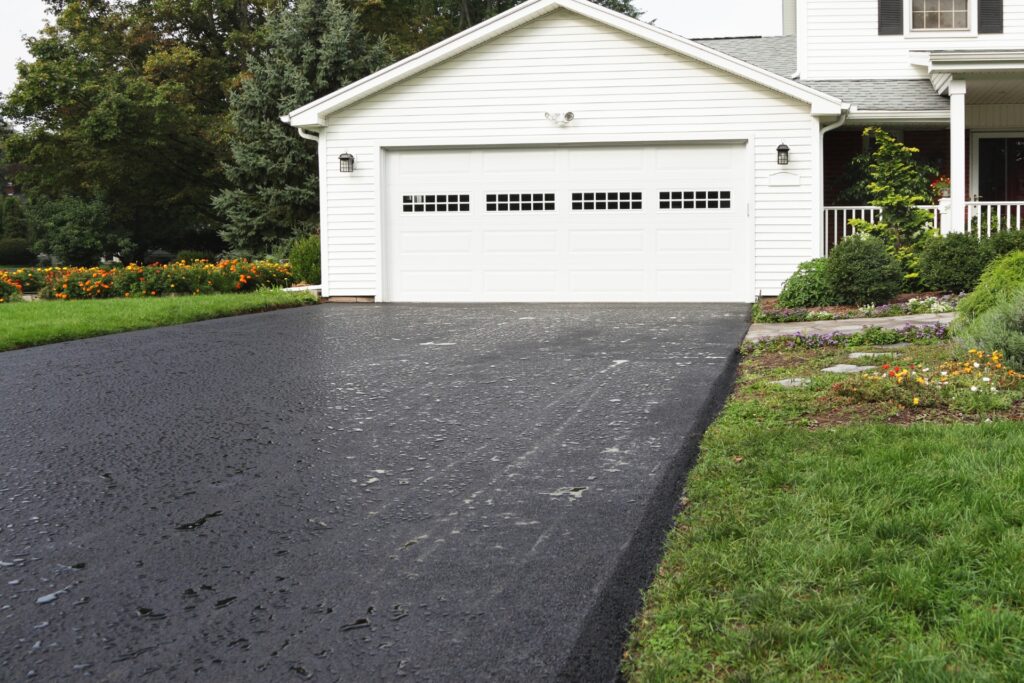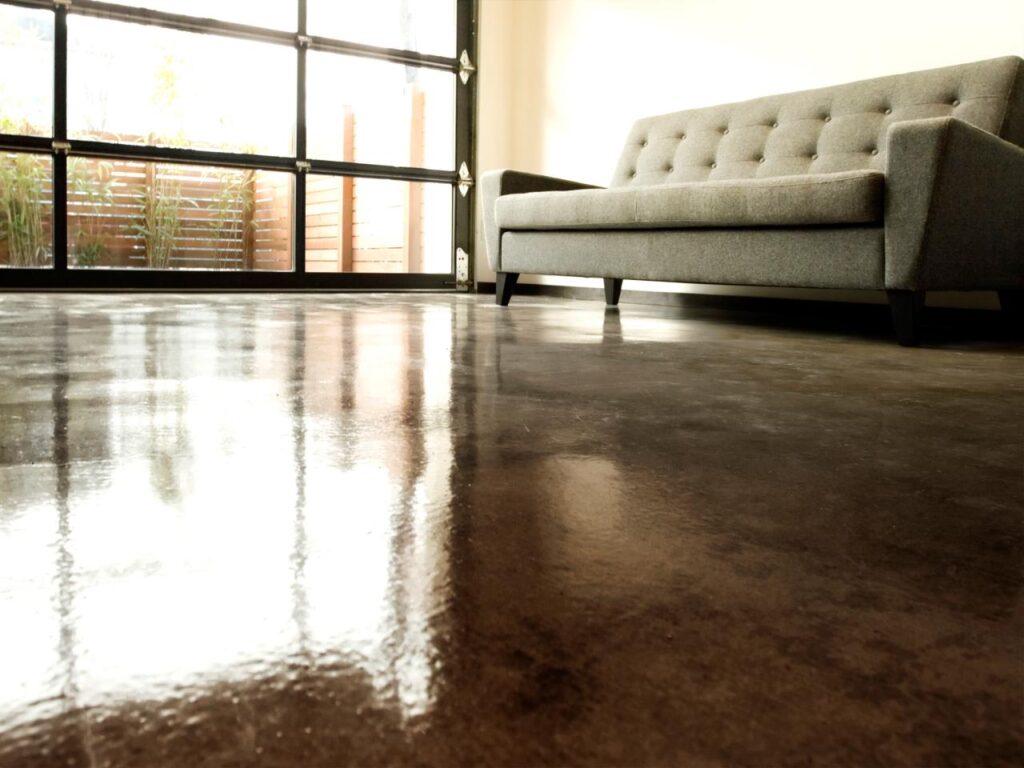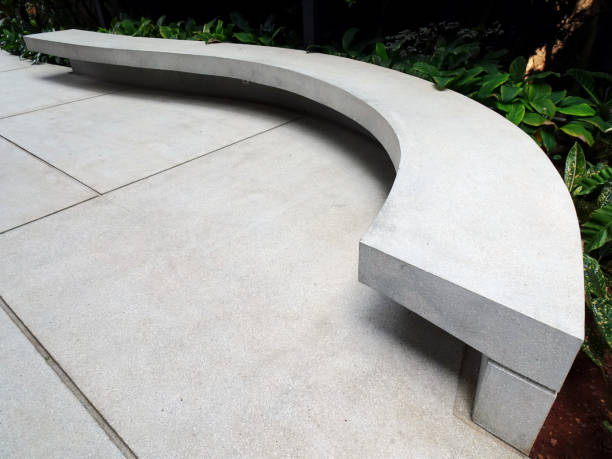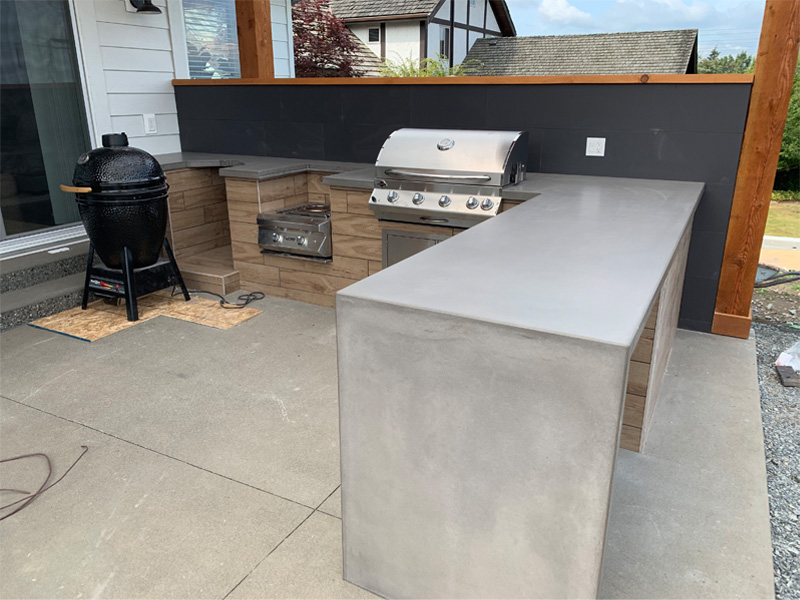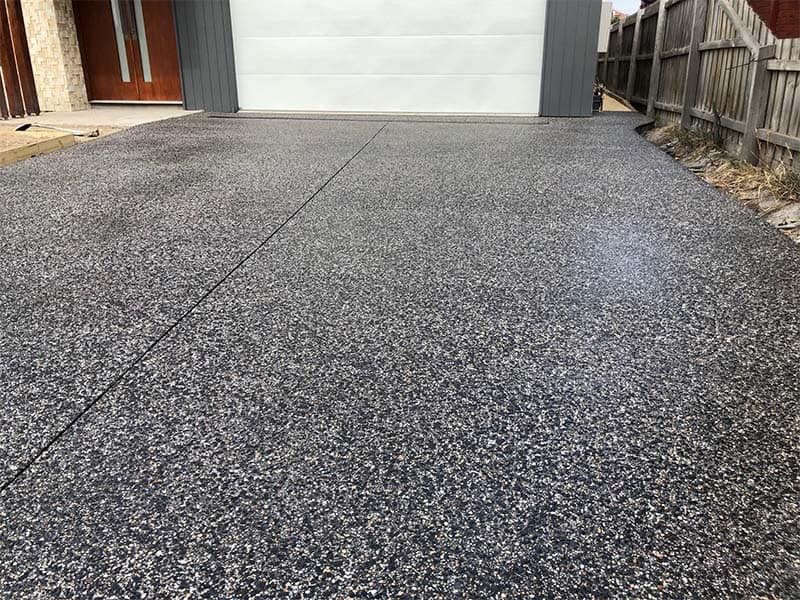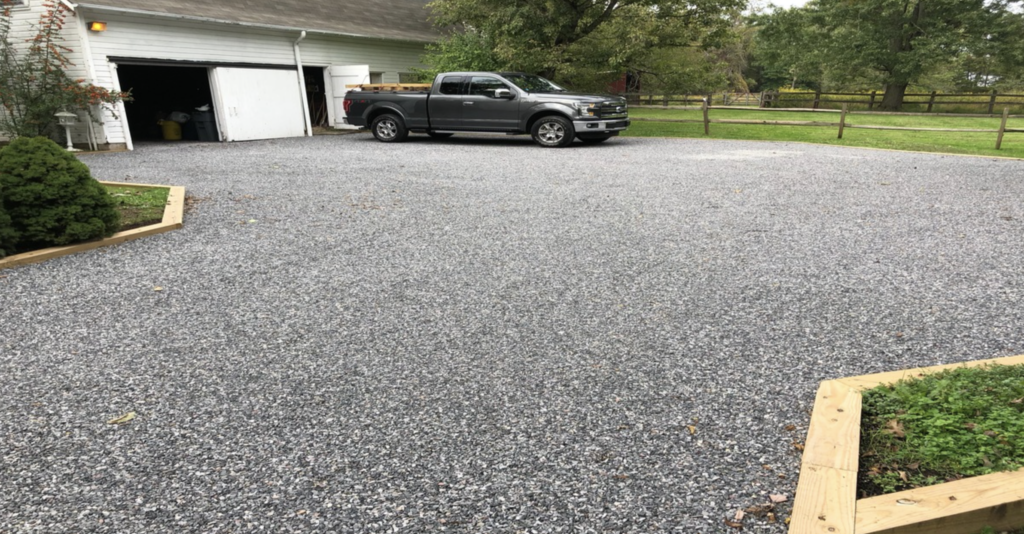Welcome to your comprehensive guide on asphalt driveway costs in New Zealand. Whether you’re building a new home, renovating your property, or simply looking to upgrade your driveway, understanding the factors that influence the cost of an asphalt driveway is essential for making an informed decision. Asphalt driveways are a popular choice across the country due to their durability, affordability, and smooth finish. However, prices can vary depending on the size of the project, site conditions, and other key factors. In this blog post, we’ll break down everything you need to know about asphalt driveway costs in NZ, including price ranges, installation processes, maintenance tips, and much more to help you plan your project with confidence.
On average, the cost of an asphalt driveway in New Zealand ranges from $80 to $150 per square meter, depending on factors such as the size of the driveway, site preparation, and additional features like drainage or decorative edges. For a standard residential driveway, the total cost typically falls between $3,500 and $7,000.
- What Is An Asphalt Driveway
- Factors Influencing Asphalt Driveway Costs In NZ
- Asphalt Driveway Installation Process
- Maintenance And Repairs For Asphalt Driveways
- Asphalt Vs. Other Driveway Materials
- Tips For Choosing The Right Asphalt Contractor In NZ
- FAQs: About Ultimate Guide To Asphalt Driveway Cost NZ
- How much does an asphalt driveway cost in NZ?
- What factors influence the cost of an asphalt driveway?
- How long does it take to install an asphalt driveway?
- What is the lifespan of an asphalt driveway in New Zealand?
- How often should I reseal my asphalt driveway?
- Can an asphalt driveway be installed in the winter months in NZ?
- What kind of maintenance is required for an asphalt driveway?
- What are the common problems with asphalt driveways, and how much do repairs cost?
- How does asphalt compare to concrete in terms of cost and durability?
- How do I choose the right asphalt contractor in New Zealand?
- Conclusion
What Is An Asphalt Driveway
An asphalt driveway is a popular, durable surface solution made from a combination of aggregates, sand, and bitumen. This material is widely used in both residential and commercial driveways due to its strength and smooth finish. Asphalt is known for its ability to withstand heavy loads and regular traffic, making it an ideal choice for homeowners looking for a long-lasting driveway option.
One of the key benefits of asphalt driveways is their affordability compared to other paving options like concrete. Asphalt also provides a sleek, polished look that enhances the curb appeal of any property. Its flexibility allows it to expand and contract with temperature changes, reducing the likelihood of cracking.
In New Zealand, asphalt driveways are particularly favored due to the country’s varied climate and landscape. The material’s ability to handle wet and cold conditions, common in many regions of NZ, makes it a reliable and weather-resistant option. This adaptability, combined with its cost-effectiveness, makes asphalt a top choice for Kiwi homeowners.
Asphalt Driveway Cost in NZ A General Price Range
When considering an asphalt driveway in New Zealand, the cost can vary based on several factors. As of 2024, homeowners can expect to pay between $80 and $150 per square meter for a standard asphalt driveway installation. The price fluctuation depends on the size of the driveway, the quality of materials used, and the complexity of the installation. For a typical driveway that measures 50 to 100 square meters, the total cost could range from $4,000 to $15,000.
Asphalt remains a popular choice for driveways because it is generally more affordable compared to concrete. For example, concrete driveways often cost between $120 and $180 per square meter, making asphalt a more budget-friendly option. On the other hand, gravel driveways are the most cost-effective solution, ranging from $40 to $70 per square meter, though they require more maintenance.
The quoted price for an asphalt driveway usually includes base costs such as materials (asphalt mix), labor, and site preparation. This may involve leveling the ground, creating a stable base layer, and ensuring proper drainage. Additional expenses may arise for features like sealing the asphalt or adding edging for a cleaner finish. In general, it’s advisable to consult with multiple contractors to get accurate estimates tailored to your specific project.

Factors Influencing Asphalt Driveway Costs In NZ
When considering an asphalt driveway in New Zealand, several key factors come into play that can significantly impact the final cost. Understanding these elements can help homeowners make informed decisions and anticipate expenses more accurately. Below is a breakdown of the main factors that contribute to the overall cost of an asphalt driveway project.
Size of the Driveway
The dimensions of your driveway, particularly the length and width, have a direct impact on the overall cost. Naturally, larger driveways require more asphalt, labor, and time to complete. For example, a small residential driveway will be much less expensive than a long, expansive driveway leading up to a rural property. Homeowners should keep in mind that while square footage may seem like a simple calculation, it plays a crucial role in determining both material and labor costs.
Thickness of the Asphalt Layer
The thickness of the asphalt layer is another significant factor influencing cost. A thicker layer of asphalt may be more expensive upfront, but it typically ensures greater durability and longevity, reducing future maintenance costs. Standard residential driveways often require a thickness of 2 to 3 inches, but in areas with heavy traffic or commercial use, a thicker layer may be necessary. While opting for a thinner layer can reduce immediate costs, it may lead to more frequent repairs or a shorter lifespan for the driveway.
Sub-Base Preparation
Sub-base preparation is one of the most critical components of asphalt driveway installation. Before the asphalt is laid, the underlying sub-base must be properly graded, compacted, and excavated to provide a stable foundation. If the sub-base is not adequately prepared, it can lead to issues like cracking, settling, or water pooling, which will eventually require costly repairs. Poor soil conditions or uneven terrain can further complicate this process, leading to increased labor and material costs.
Drainage Requirements
Proper drainage is essential to maintain the integrity of an asphalt driveway over time. Without efficient water management, driveways can suffer from erosion, cracking, or even foundation damage. Depending on the natural slope of the property and the existing drainage infrastructure, homeowners may need to invest in additional leveling, sloping, or drainage systems such as culverts and grates. These installations can add to the overall project cost, especially if significant grading is required.
Geographic Location and Access
The location of your property can also play a role in the cost of your asphalt driveway. For example, urban areas might offer easier access to materials and labor, leading to lower transportation costs, while rural properties may require additional travel time and logistics, thus increasing the overall cost. Moreover, ease of access to the driveway itself, such as whether heavy machinery can easily reach the site, can affect both the time and expense involved.
Additional Features
Many homeowners opt to enhance their driveways with additional features like decorative edging, curbing, or colored finishes. These features can improve the aesthetic appeal of the driveway, but they also come with extra costs. Similarly, options like heated driveways, which prevent snow and ice buildup in colder months, can significantly raise the overall expense of the project.
Seasonal Pricing and Contractor Availability
As with many construction projects, the time of year can affect asphalt driveway costs. Contractors often experience higher demand during warmer months, particularly in summer when asphalt installation is most efficient. During these peak times, pricing can be higher due to increased demand. On the flip side, scheduling your project during the off-season may result in lower prices, but weather conditions must still be suitable for asphalt paving to ensure quality results.
Several factors influence the cost of asphalt driveway installation in New Zealand, from the size and thickness of the driveway to sub-base preparation and drainage considerations. Additionally, geographic location, seasonal pricing, and add-on features can also impact the final expense. Homeowners should consider these elements carefully to make cost-effective decisions that meet both their needs and their budget.

Asphalt Driveway Installation Process
Installing an asphalt driveway is a multi-step process that requires careful planning and precise execution to ensure long-term durability. Here’s a detailed step-by-step guide to what you can expect during the asphalt driveway installation process.
Site Assessment and Planning
The first step begins with a thorough site assessment. During the initial consultation, professionals will inspect the area to evaluate its suitability for an asphalt driveway. They’ll take precise measurements, discuss your preferences, and note any specific site conditions, such as drainage concerns, which may influence the design and execution. Proper planning ensures that the driveway will be functional and long-lasting.
Excavation and Base Preparation
Once the plan is set, excavation begins. This involves removing existing materials like grass, dirt, or old pavement. The ground is then graded to ensure proper water drainage. After grading, a sub-base made of crushed stone, gravel, or other aggregate material is laid down. This sub-base acts as the foundation of the driveway, providing stability and support. The depth of the sub-base depends on local soil conditions and intended traffic loads. Proper base preparation is crucial to prevent future cracking or sinking.
Asphalt Application
The asphalt is applied in two layers for optimal strength and longevity. The first layer is the binder layer, made of larger aggregate particles that give the driveway structural integrity. Once the binder is laid, the top layer, known as the surface layer, is applied. This layer is smoother and made from smaller aggregates, providing a clean, finished look and a surface resilient to weather and wear.
Compaction and Finishing
After the asphalt is laid, compaction is key. Heavy rollers are used to compact both layers of asphalt, ensuring there are no air pockets and that the surface is even and strong. Proper compaction enhances the driveway’s durability and prevents issues such as potholes or premature wear. The edges are also smoothed and finished to give a neat, clean appearance.
Curing and Ready-to-Use Timeline
Once the driveway is installed, it needs time to cure. Generally, the surface can handle light foot traffic within 24-48 hours, but for vehicles, it’s recommended to wait at least 3-7 days. The exact timeline depends on weather conditions, such as temperature and humidity, as these can affect the curing process.
Estimated Time for the Entire Process
From site assessment to final curing, the entire asphalt driveway installation process typically takes 2-5 days. However, larger or more complex driveways may take slightly longer, especially if site preparation is extensive.
By understanding each step of the process, you’ll have a clear picture of what to expect, ensuring a smooth installation and a driveway that will last for years to come.
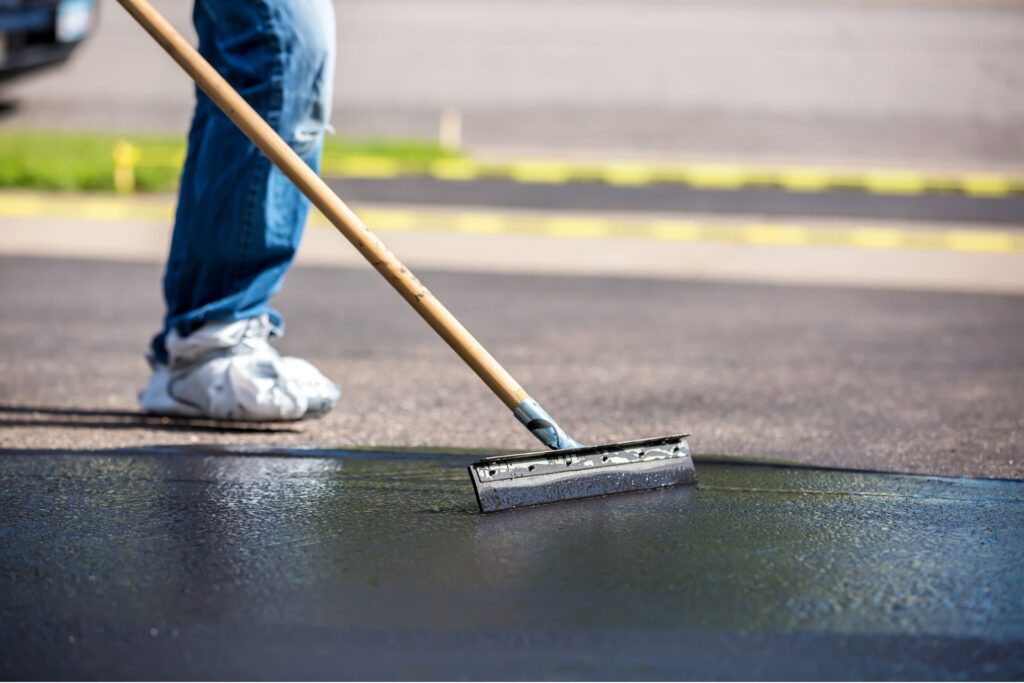
Maintenance And Repairs For Asphalt Driveways
Asphalt driveways are a popular choice for homeowners due to their durability and aesthetic appeal. However, like any other surface exposed to the elements, asphalt requires regular maintenance to ensure it remains in top condition. Ignoring necessary upkeep can lead to expensive repairs down the road. In this section, we’ll explore the importance of regular maintenance for asphalt driveways, typical repair costs, and how to extend their lifespan for long-term value.
Routine Maintenance Costs
Regular maintenance is key to preserving the appearance and functionality of your asphalt driveway. One of the most crucial steps is seal coating. Applying a seal coat every few years helps protect the asphalt from sun, water, and oil damage, which can cause the surface to break down over time. This simple step typically costs between $0.10 and $0.30 per square foot but can prevent more costly issues from developing. Seal coating not only extends the lifespan of the driveway but also enhances its appearance, giving it a fresh, clean look.
Common Repairs and Their Costs
Even with regular maintenance, occasional repairs may be needed to keep your driveway in optimal shape. Some of the most common repairs include crack filling and pothole repairs. Small cracks may appear due to weather changes, and if left untreated, these can expand into more significant problems. Crack filling usually costs around $0.50 to $3 per linear foot, depending on the severity and location of the damage. Pothole repairs can range from $150 to $400, depending on the size and depth of the hole. Addressing these issues early can save you from more expensive repairs in the future.
How to Extend the Lifespan
To maximize the longevity of your asphalt driveway, proactive care is essential. In addition to regular seal coating, keep the surface clean by removing debris and stains promptly. Water is one of the biggest threats to asphalt, so ensure proper drainage to prevent pooling. Snow and ice can also damage asphalt during winter months, so avoid using harsh chemicals for de-icing and opt for gentle alternatives. Finally, repairing cracks and potholes as soon as they appear will prevent larger, more expensive issues from developing.
Long-Term Value
A well-maintained asphalt driveway can last over 20 years, making it a smart investment for homeowners. By investing in routine maintenance and addressing minor repairs promptly, you’ll not only enhance the curb appeal of your home but also avoid significant repair costs, ensuring long-term value for your property.
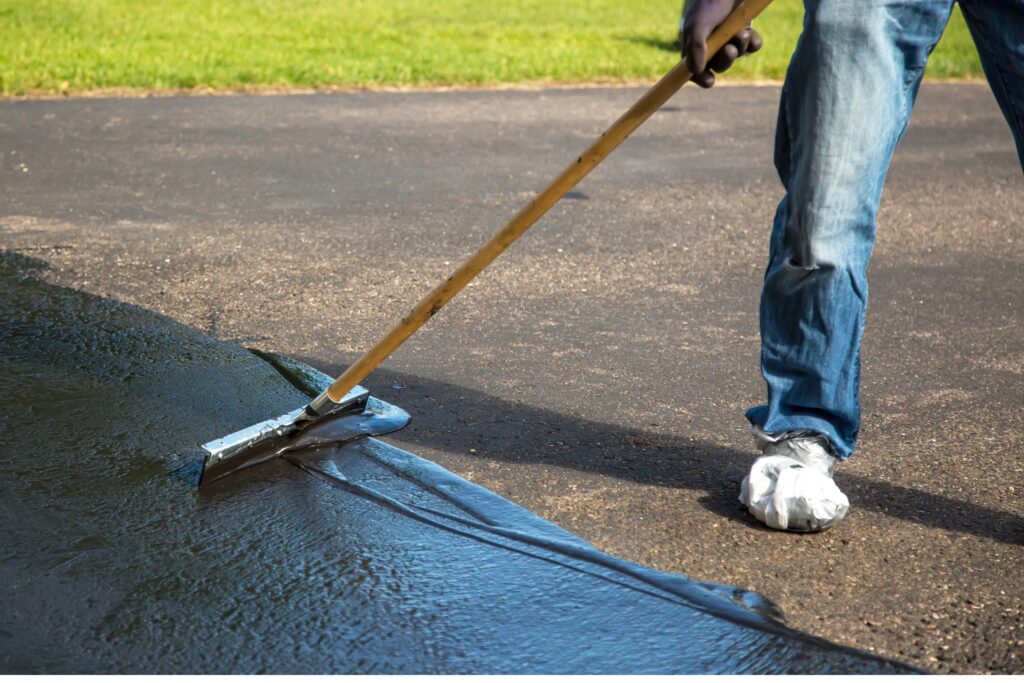
Asphalt Vs. Other Driveway Materials
When it comes to choosing the best material for your driveway in New Zealand, it’s important to weigh the pros and cons of each option. Asphalt, concrete, gravel, and pavers are some of the most popular materials. Each has its own benefits and considerations in terms of cost, durability, appearance, and maintenance. Let’s dive deeper into the comparison to help you decide which material suits your needs.
Concrete Driveways
Concrete is a durable option that provides a clean, modern appearance. However, it tends to be more expensive upfront compared to asphalt. While concrete can last up to 30 years with proper care, it’s also prone to cracking, especially in areas with temperature fluctuations. This could lead to costly repairs over time. In terms of aesthetics, concrete offers a range of finishes, but it lacks the flexibility of asphalt, which can better adapt to minor ground movements.
Gravel Driveways
Gravel is by far the most affordable driveway option, making it a great choice for rural or larger properties in New Zealand. It’s also easy to install. However, gravel driveways require regular maintenance, such as regrading and replenishing the gravel over time. Gravel may not be ideal for urban areas or properties that experience high traffic, as it can become uneven and messy. It’s also less appealing visually compared to asphalt or pavers.
Pavers
Pavers are a visually attractive choice for homeowners looking to enhance the curb appeal of their property. They offer a wide variety of colors, patterns, and textures. However, they come with a hefty price tag, both in terms of material and labor costs. Maintenance can also be a hassle, as weeds often grow between the pavers, and individual units may shift or crack over time.
Why Choose Asphalt?
Asphalt is often the best choice for New Zealand’s varied climate. It is flexible enough to withstand ground movements and temperature changes, unlike concrete, which is prone to cracking. Asphalt also heats up faster in the sun, helping to melt ice during colder months—a feature that’s particularly useful in areas prone to frost. In terms of cost, asphalt sits between gravel and concrete, offering a more affordable yet durable solution. Moreover, its smooth, dark surface adds to the aesthetic appeal of most residential and commercial properties.
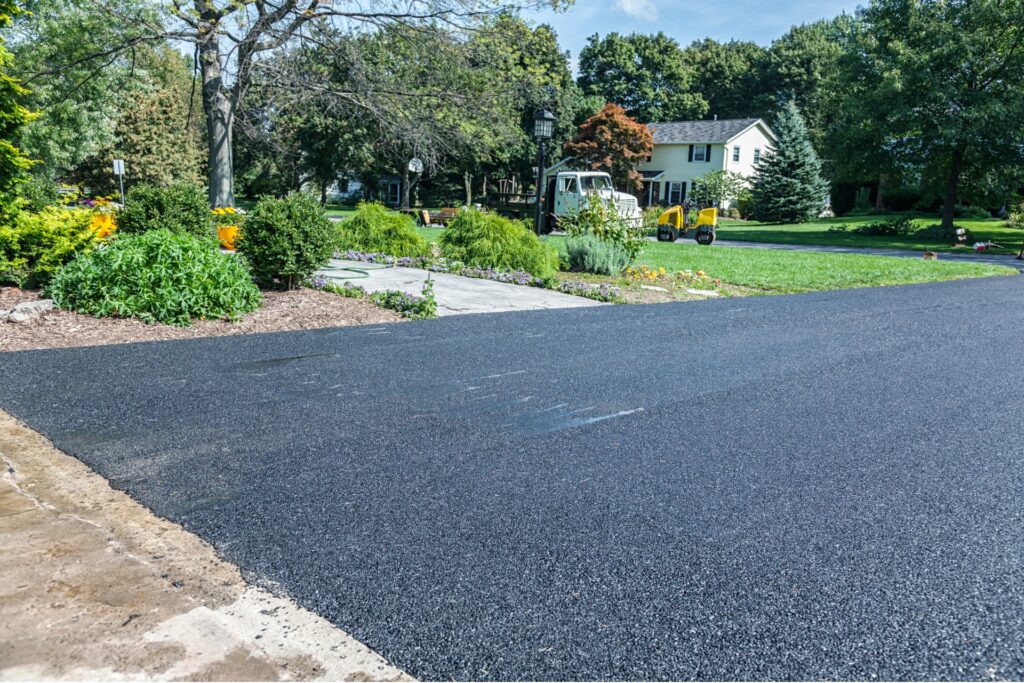
Tips For Choosing The Right Asphalt Contractor In NZ
When selecting an asphalt contractor in New Zealand, it’s important to ensure you’re making the right choice for your project. Here are some key tips to help you hire a reputable and reliable contractor.
- Request Multiple Quotes: Always gather quotes from at least three contractors. This will give you a clear idea of the price range for your project, helping you avoid overpriced services or extremely low bids, which might indicate poor quality.
- Check Reviews and Past Work: Look for customer reviews online or ask for recommendations from locals who have used asphalt services before. A contractor with a solid track record and positive feedback is more likely to deliver satisfactory results. Don’t hesitate to ask for examples of their previous projects to assess the quality of their work.
- Verify Licenses and Insurance: Ensure the contractor has the necessary licenses to operate in NZ and carries proper insurance. This protects you from liability in case of any accidents or damages during the project.
- Ask About Warranties: A reputable contractor should offer warranties or guarantees on their workmanship and materials. This provides you with peace of mind knowing your investment is protected if any issues arise after the job is completed.
By following these steps, you’ll have the confidence to choose an asphalt contractor who meets your needs and delivers professional, high-quality results.
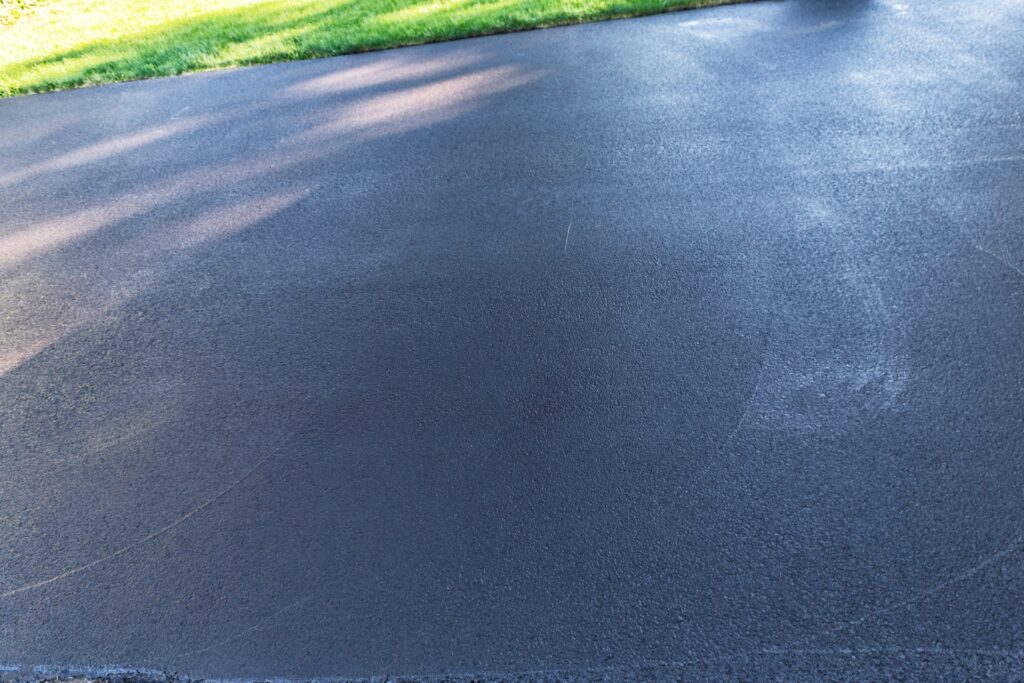
FAQs: About Ultimate Guide To Asphalt Driveway Cost NZ
How much does an asphalt driveway cost in NZ?
The cost of an asphalt driveway in New Zealand typically ranges between $80 and $150 per square meter. However, this can vary depending on factors such as the size of the driveway, the condition of the site, and additional features like drainage or edging. For an average-sized driveway, expect to pay anywhere from $3,500 to $7,000.
What factors influence the cost of an asphalt driveway?
Several factors can influence the cost of an asphalt driveway, including the Size and shape of the driveway, Thickness of the asphalt layer, Site preparation (grading, excavation), Drainage requirements, Accessibility of the location, Additional features like decorative edges or curbing and Seasonal pricing and availability of contractors.
How long does it take to install an asphalt driveway?
The time required for installation depends on the size of the driveway and site conditions, but most residential asphalt driveways can be completed within 2 to 5 days. This includes excavation, base preparation, laying the asphalt, and compacting. Larger or more complex driveways might take longer, especially if extensive drainage work is required.
What is the lifespan of an asphalt driveway in New Zealand?
With proper maintenance, an asphalt driveway can last 20 to 25 years or more. New Zealand’s climate, which features both heavy rains and strong UV exposure, can affect the longevity of the driveway, making regular maintenance essential to extend its lifespan.
How often should I reseal my asphalt driveway?
It is generally recommended to reseal an asphalt driveway every 3 to 5 years. Resealing helps protect the surface from weather damage, UV rays, and general wear and tear, extending the driveway’s lifespan and maintaining its appearance.
Can an asphalt driveway be installed in the winter months in NZ?
While it is technically possible to install asphalt in colder weather, the process is more challenging. Asphalt requires warmer temperatures for proper compaction and curing. In New Zealand, asphalt installation is usually recommended during the warmer months, from late spring to early autumn, to ensure the best results.
What kind of maintenance is required for an asphalt driveway?
Routine maintenance for an asphalt driveway includes:
Resealing every 3 to 5 years
Filling any cracks or potholes that appear over time
Regular cleaning to remove debris and prevent staining
Avoiding the use of sharp objects or heavy machinery that could damage the surface Proper maintenance can help extend the lifespan of the driveway and prevent costly repairs.
What are the common problems with asphalt driveways, and how much do repairs cost?
Common problems with asphalt driveways include cracks, potholes, and surface wear. Small cracks can often be filled for around $100 to $300, depending on the size and extent of the damage. Pothole repairs might cost between $200 and $500, depending on the severity. Regular maintenance can help prevent these issues from escalating into more expensive repairs.
How does asphalt compare to concrete in terms of cost and durability?
Asphalt driveways are generally more affordable to install than concrete driveways. The cost of a concrete driveway in NZ can range from $120 to $180 per square meter, while asphalt is typically less expensive. However, concrete driveways tend to last longer (up to 30 years or more), though they may crack more easily without proper maintenance. Asphalt driveways, while slightly less durable, are easier and cheaper to repair and maintain over time.
How do I choose the right asphalt contractor in New Zealand?
When selecting an asphalt contractor, consider the following tips:
-Ask for multiple quotes from different contractors to compare prices and services.
-Check their portfolio of completed projects to ensure quality work.
-Look for customer reviews and testimonials to assess their reputation.
-Verify that the contractor is licensed and insured.
-Ask about any warranties or guarantees on their workmanship. A reliable contractor will provide clear communication, a fair quote, and deliver high-quality results.
Conclusion
In conclusion, an asphalt driveway is a smart investment for New Zealand homeowners, offering a durable, affordable, and long-lasting solution that, when properly maintained and installed by a reliable contractor, provides great long-term value and cost-efficiency.
About the Author:
Mike Veail is a recognized digital marketing expert with over 6 years of experience in helping tradespeople and small businesses thrive online. A former quantity surveyor, Mike combines deep industry knowledge with hands-on expertise in SEO and Google Ads. His marketing strategies are tailored to the specific needs of the trades sector, helping businesses increase visibility and generate more leads through proven, ethical methods.
Mike has successfully partnered with numerous companies, establishing a track record of delivering measurable results. His work has been featured across various platforms that showcase his expertise in lead generation and online marketing for the trades sector.
Learn more about Mike's experience and services at https://theleadguy.online or follow him on social media:
